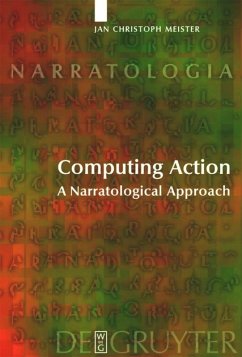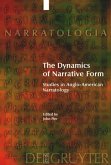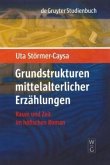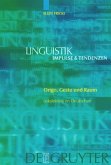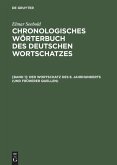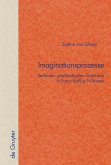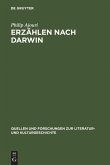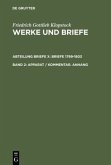"Computing Action” takes a new approach to the phenomenon of narrated action in literary texts. It begins with a survey of philosophical approaches to the concept of action, ranging from analytical to transcendental and finally constructivist definitions. This leads to the formulation of a new model of action, in which the core definitions developed in traditional structuralist narratology and Greimassian semiotics are reconceptualised in the light of constructivist theories.
In the second part of the study, the combinatory model of action proposed is put into practice in the context of a computer-aided investigation of the action constructs logically implied by narrative texts. Two specialised literary computing tools were developed for the purposes of this investigation of textual data: EVENTPARSER, an interactive tool for parsing events in literary texts, and EPITEST, a tool for subjecting the mark-up files thus produced to a combinatory analysis of the episode and action constructs they contain.
The third part of the book presents a case study of Goethe's "Unterhaltungen deutscher Ausgewanderten”. Here, the practical application of theory and methodology eventually leads to a new interpretation of Goethe's famous Novellenzyklus as a systematic experiment in the narrative construction of action - an experiment intended to demonstrate not only Goethe's aesthetic principles, but also, and more fundamentally, his epistemological convictions.
Der theoretische Schwerpunkt der Arbeit liegt auf der Episode als der kleinsten geschlossenen Einheit erzählter Handlung. Die Episode wird definiert als ein Interpretationskonstrukt des Lesers, der eine Reihe distinkter Sachverhalte in der fiktionalen Welt als eine transformationelle Serie aus genau zwei Ereignissen konstruiert. Dieser Vorgang hat den konkreten Text zur Basis; er bezieht jedoch darüber hinaus sowohl das Weltwissen des Lesers ein und verläuft in Abhängigkeit von bestimmten logischen und semiotischen Regeln, die den Status von De-facto-Universalien des Lesens von Handlung besitzen. Neben der Formulierung neuer Definitionen für die Kernbegriffe Ereignis, Episode und Handlung stellt die Arbeit in einem computerphilologischen Teil eine neu entwickelte Softwareanwendung vor, die als Werkzeug zur Identifizierung, Auszeichnung und Analyse von Ereignissen im narrativen Text dienen kann.
In the second part of the study, the combinatory model of action proposed is put into practice in the context of a computer-aided investigation of the action constructs logically implied by narrative texts. Two specialised literary computing tools were developed for the purposes of this investigation of textual data: EVENTPARSER, an interactive tool for parsing events in literary texts, and EPITEST, a tool for subjecting the mark-up files thus produced to a combinatory analysis of the episode and action constructs they contain.
The third part of the book presents a case study of Goethe's "Unterhaltungen deutscher Ausgewanderten”. Here, the practical application of theory and methodology eventually leads to a new interpretation of Goethe's famous Novellenzyklus as a systematic experiment in the narrative construction of action - an experiment intended to demonstrate not only Goethe's aesthetic principles, but also, and more fundamentally, his epistemological convictions.
Der theoretische Schwerpunkt der Arbeit liegt auf der Episode als der kleinsten geschlossenen Einheit erzählter Handlung. Die Episode wird definiert als ein Interpretationskonstrukt des Lesers, der eine Reihe distinkter Sachverhalte in der fiktionalen Welt als eine transformationelle Serie aus genau zwei Ereignissen konstruiert. Dieser Vorgang hat den konkreten Text zur Basis; er bezieht jedoch darüber hinaus sowohl das Weltwissen des Lesers ein und verläuft in Abhängigkeit von bestimmten logischen und semiotischen Regeln, die den Status von De-facto-Universalien des Lesens von Handlung besitzen. Neben der Formulierung neuer Definitionen für die Kernbegriffe Ereignis, Episode und Handlung stellt die Arbeit in einem computerphilologischen Teil eine neu entwickelte Softwareanwendung vor, die als Werkzeug zur Identifizierung, Auszeichnung und Analyse von Ereignissen im narrativen Text dienen kann.

